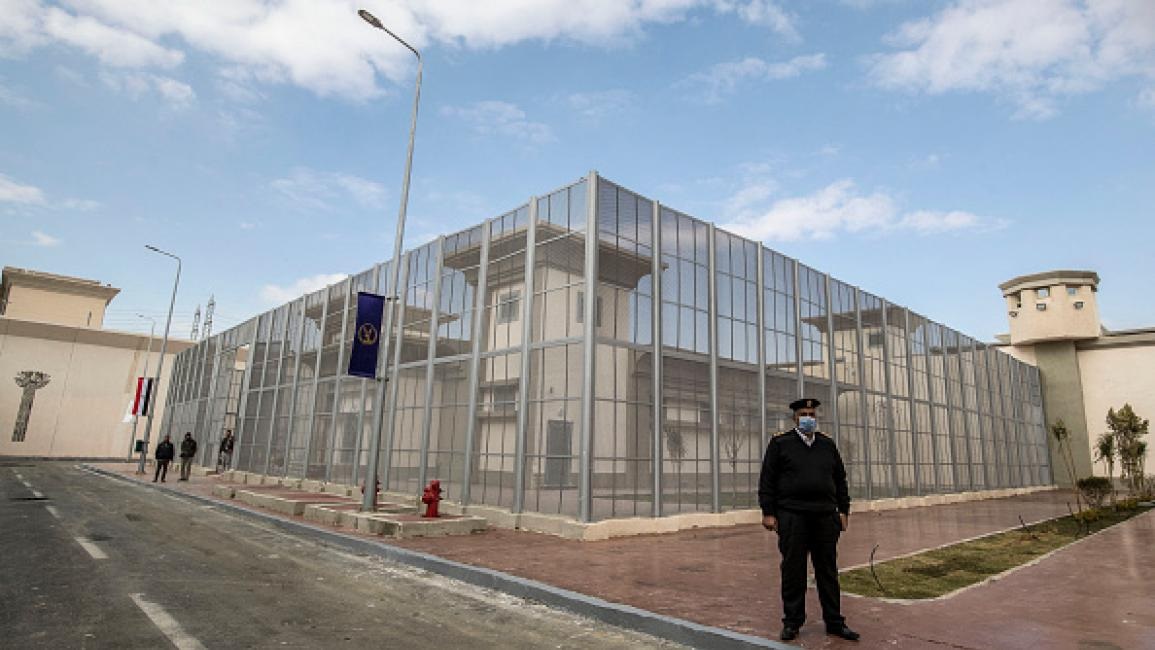Watan-After seven harrowing years, a glimmer of hope reached the families of eight Egyptian citizens from Aswan who unexpectedly returned home on May 10, 2025. Human rights organizations documented this sudden return, drawing renewed attention to Egypt’s ongoing crisis of enforced disappearances, their scale, and the deep threat they pose to national peace and security.
The eight citizens had been forcibly disappeared since October and November 2018, following arbitrary arrests by Egyptian authorities. They were never presented before any investigative body. Their return came without official acknowledgment and under strict silence from their families—likely out of fear of future retaliation.
Most of the released individuals were self-employed, including drivers and mobile phone store workers, according to a June 16 statement by the El-Shehab Center for Human Rights. Among them was Jaafar Abdo Abdel Aziz (44), abducted outside his home in October 2018, who had become a symbol of enforced disappearances in Aswan.
Enforced Disappearances in Egypt: A Persistent Human Rights Crisis
The phenomenon of enforced disappearance in Egypt continues to alarm both local and international human rights organizations. While data varies due to government suppression, the Egyptian Commission for Rights and Freedoms previously documented 4,253 cases, with 412 people still missing. The worst years were 2015 and 2016, with 816 and 691 cases, respectively. In contrast, 2019 saw the highest number of reappearances—927 cases.
According to the El-Shehab Center’s 2023 report, 2,465 political detainees were still forcibly disappeared, and 65 individuals were confirmed killed extrajudicially. Amnesty International’s 2024 report similarly cited dozens of disappearances in 2023, along with systemic torture, arbitrary detention, and unfair trials.
Rights groups face immense challenges in documenting these abuses, including security restrictions, legal threats, and the government’s official denial of the phenomenon. Victims and families often remain silent due to fear. The impact of enforced disappearances is not only individual but extends to national stability, eroding public trust in judicial and security institutions, fostering extremism, and deepening social divisions.
The practice severely damages Egypt’s international reputation, drawing condemnation from global human rights bodies and foreign governments. It also violates the Egyptian constitution and international treaties to which Cairo is a signatory.
While human rights groups welcome the return of the eight citizens, they stress that isolated cases cannot justify the continuation of such practices. They urge the Egyptian government to fulfill its constitutional and international obligations and end the crime of enforced disappearance.
Rights Groups Call for Justice and End to Egypt’s Enforced Disappearances
-
-
-
-
-
-
